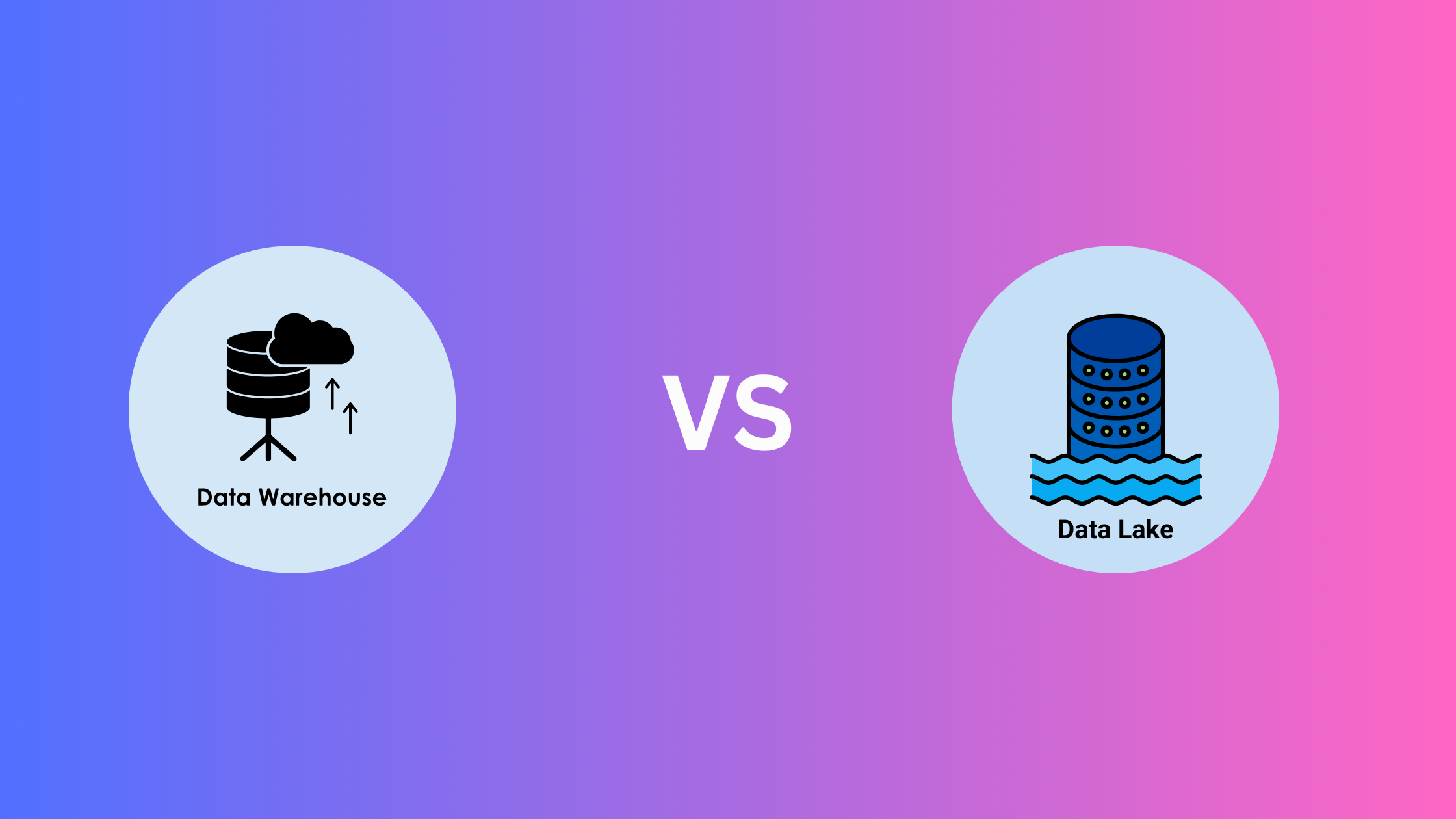
Introduction
In the ever-evolving landscape of data management, organizations face a crucial decision in modernizing their data architecture: Data Warehouse or Data Lake House?
As businesses grapple with vast and diverse datasets, the choice between these two strategies becomes paramount. According to recent industry reports, the global data warehousing market is projected to reach $34.7 billion by 2025, underscoring the growing importance of efficient data handling. Meanwhile, the Data Lake House model, characterized by its flexibility and scalability, has seen a rapid adoption rate, with a staggering 45% year-over-year growth in implementation.
In this blog, we delve into the critical nuances of both approaches, aiding businesses in navigating the complex terrain of data modernization.
Brief overview of data modernization
Data modernization is a transformative process aimed at enhancing data management and analytics capabilities.
Data Warehouses streamline structured data for efficient querying and reporting, catering to well-defined business needs. Conversely, Data Lake Houses embrace a more flexible structure, accommodating diverse data types and enabling advanced analytics.
The modernization journey involves integrating these solutions, fostering interoperability, scalability, and real-time insights. Striking a balance between structured and unstructured data, organizations can harness the power of both paradigms, optimizing data utilization and decision-making processes.

Introduction to Data Warehouse and Data Lakehouse
A Data Warehouse is a centralized repository that consolidates structured data from various sources within an organization. It is designed for high-performance querying and reporting, providing a historical view of business operations. The structured nature of the data in a warehouse facilitates efficient analysis, making it well-suited for business intelligence and data analytics.
On the other hand, a Data Lakehouse is an evolution that combines the best features of traditional Data Warehouses and Data Lakes. It integrates structured and unstructured data, offering the flexibility to store raw, unprocessed data alongside curated and processed information. This data lakehouse architecture embraces both batch and real-time processing, catering to diverse analytical needs. The Data Lakehouse accommodates the dynamic nature of big data, supporting scalability and adaptability.
In essence, while a Data Warehouse excels in structured data analysis, a Data Lakehouse extends its capabilities by incorporating diverse data types, enabling organizations to harness the full spectrum of their data for comprehensive insights. Together, they form a robust foundation for organizations to navigate the complexities of modern data management and analytics.
Use Cases of Data warehouses and data lakehouses
Data warehouses and data lakehouses are crucial components in modern data architecture, each serving distinct purposes in managing and analyzing vast amounts of information. Here are real-life examples illustrating their use cases:
- Data Warehouse:
- Business Intelligence and Analytics
Data warehouses enable organizations to consolidate and analyze large volumes of data, providing valuable insights for informed decision-making and strategic planning.
- Historical Trend Analysis:
By storing historical data, data warehouses facilitate the identification of trends and patterns over time, helping businesses understand their past performance and make predictions for the future.
- Operational Reporting:
Data warehouses support efficient and quick generation of operational reports by providing a centralized repository of structured data, streamlining reporting processes for day-to-day business operations.
- Customer Relationship Management (CRM):
Organizations use data warehouses to integrate and analyze customer-related data from various sources, enhancing their ability to personalize interactions, predict customer behavior, and improve overall customer satisfaction.
- Data Lakehouse:
- Unified Data Repository:
A data lakehouse consolidates structured and unstructured data, providing a centralized repository. It allows organizations to store vast amounts of diverse data types, enabling comprehensive analytics and insights.
- Real-time Analytics:
With a data lakehouse, organizations can perform real-time analytics on both historical and current data. This facilitates timely decision-making by extracting valuable insights from the latest information.
- Scalable Storage and Processing:
Data lakehouses offer scalable storage and processing capabilities, accommodating the growing volume of data. This flexibility allows organizations to adapt to changing data requirements without compromising on performance or cost-effectiveness.
- Integrated Data Processing:
Data lakehouses support the integration of data processing engines, enabling users to analyze and process data using their preferred tools. This interoperability enhances the efficiency and effectiveness of data processing workflows within the organization.
While data warehouses excel in structured data for business reporting, data lakehouses accommodate diverse and unstructured data, empowering organizations to derive deeper insights and support a broader range of analytics applications. The hybrid approach of a data lakehouse combines the strengths of both, providing a more versatile solution for the evolving needs of data-driven enterprises.
Data Warehouse vs. Data Lake House: Tailor Your Strategy for Success
In the ever-evolving landscape of data management, the choice between a Data Warehouse and a Data Lake House is pivotal for organizations seeking modernization. As we navigate this digital terrain, it’s clear that the decision hinges on factors unique to each enterprise. Whether it’s the structured efficiency of a Data Warehouse or the expansive flexibility of a Data Lake House, the right strategy depends on your data needs and business goals. In this transformative journey, remember that partnering with a leading data modernization company is the key to success.
Datacrew stands out as the epitome of innovation, ensuring your organisation not only keeps pace with the data revolution but leads it. Choose wisely, and let Datacrew propel you into a future of data-driven excellence.